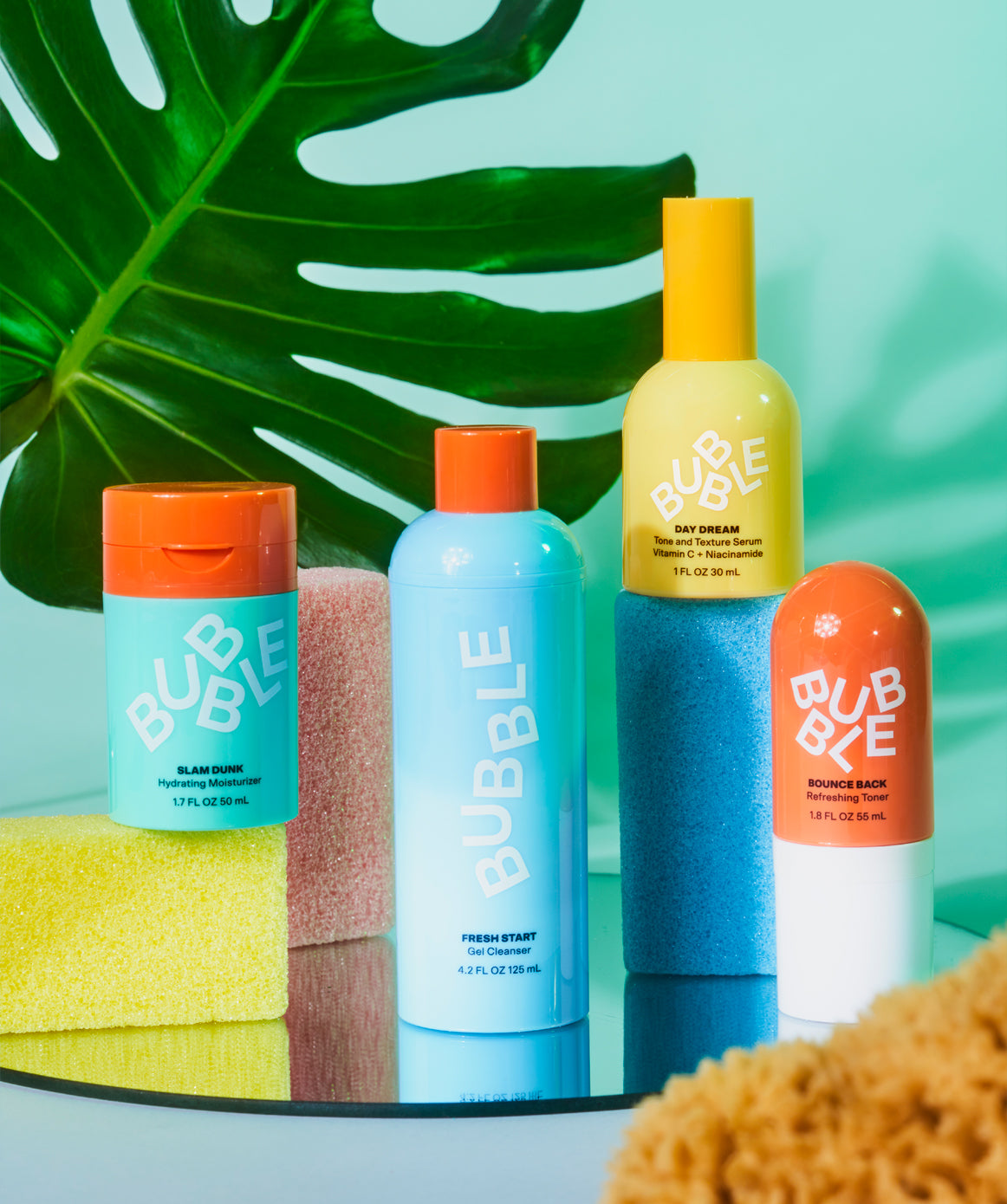ABCDou Insights
Exploring the world of news, trends, and information.
The Skincare Myth Busters
Uncover the truth behind popular skincare myths! Join us in busting misconceptions for radiant, healthy skin. Dive in now!
Debunking the Top 5 Skincare Myths: What You Really Need to Know
In the world of skincare, misinformation can lead to misconceptions that affect our routines and our skin's health. It's time to set the record straight by debunking the top 5 skincare myths that can keep you from achieving your best complexion. For instance, many believe that oily skin doesn't need moisturizer, but this couldn't be further from the truth. Oily skin can still become dehydrated, leading to more oil production. Similarly, the idea that natural ingredients are always safe is a myth; some natural substances can still cause irritation or allergic reactions.
Another common myth is that you should feel a burn when using skincare products for them to be effective. In reality, a tingling sensation is often a sign of irritation, not efficacy. Additionally, some people think that using a higher SPF than 30 offers no additional protection, yet SPF 30 blocks about 97% of UVB rays, while higher SPFs offer slightly more protection. Lastly, the notion that expensive products are always better is misleading; often, effective formulations can be found at any price point. By understanding these myths, you can make informed choices and take better care of your skin.

Is Expensive Skincare Worth It? Unraveling the Cost vs. Efficacy Myth
When it comes to skincare, many consumers are often left pondering the question: Is expensive skincare worth it? The allure of high-end brands promises results that their less expensive counterparts may not deliver. However, the efficacy of a product does not always correlate with its price tag. Many dermatologists emphasize that ingredients are key; a product containing effective active ingredients can yield significant results regardless of whether it is from a luxury line or a drugstore. Therefore, it’s essential to evaluate each product based on its ingredients and proven benefits rather than its price alone.
Moreover, consumer psychology plays an important role in the perception of skincare value. Often, higher prices lead to higher expectations, which can sometimes create a placebo effect. This phenomenon leads individuals to believe that a more expensive product is superior simply because of its cost. To cut through the cost vs. efficacy myth, consider factors such as your skin type, specific concerns, and ingredient effectiveness. Conducting thorough research and perhaps consulting with a skincare professional can help you make informed decisions without solely relying on the price tag.
Do Natural Ingredients Always Mean Safer Skincare? Myth or Fact?
The belief that natural ingredients always equate to safer skincare is a common myth that deserves closer examination. While many people associate natural with non-toxic, not all natural substances are harmless. For example, essential oils, which are often hailed for their beneficial properties, can cause irritation or allergic reactions in some individuals. It’s essential to remember that just because an ingredient is sourced from nature doesn’t mean it has been thoroughly tested for safety or efficacy in skincare formulations.
Conversely, synthetic ingredients undergo rigorous testing to ensure they are safe for consumer use. Many dermatological products contain compounds that are created in a lab but have been proven effective and safe for treating skin conditions. Thus, the assertion that natural ingredients are categorically safer is misleading. Ultimately, consumers should prioritize understanding ingredient labels and opt for products backed by science, rather than solely relying on the allure of 'natural' tags.